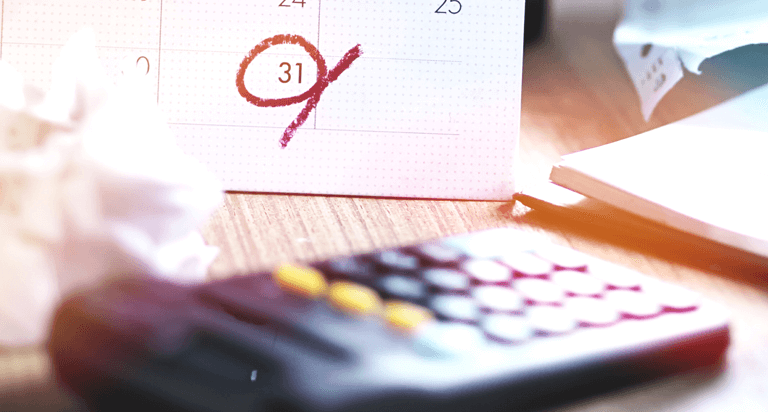The Government Shutdown and Your Credit Scores
The federal government partial shutdown has affected some 800,000 government employees and their loved ones. Some – those deemed “essential” employees like air traffic controllers – are working, while others are furloughed. But neither group is getting paid.
Consumers affected by the shutdown may now be forced to rethink how they cover expenses without a regular paycheck, and some may be wondering how potentially late payments might impact their credit scores.
One Twitter user is concerned that inability to pay bills on time could impact her husband's ability to maintain his security clearance. "Wife of furloughed essential employee who was our sole income as I stay at home w/our kids," she posted. "We have bills and mouths to feed. He has a clearance to keep by paying bills timely. A govt credit card he's required to pay. What do we do?"
Losing your job or being impacted by the partial shutdown -- in and of themselves -- will not impact a consumer's credit scores. However, failing to honor any of the financial commitments you've made -- or being late -- may. It's important to remember that even one late payment may impact credit scores and remain on credit reports for seven years. But generally, late payments don't end up on credit reports for at least 30 days after you miss the payment. That means it's possible to make up a late payment before it shows on credit reports. However, interest and late payment fees may still apply.
Furloughed employees are encouraged to contact their lenders and creditors to explain their situation and see what – if any – accommodations can be made. Some creditors are waiving late fees or offering short-term loans, and some may provide the opportunity to make reduced payments, interest-only payments, or no payments for some period of time -- a practice known as forbearance. Keep in mind, however, that accounts in forbearance can still be reported as late or missed payments by lenders and creditors to the three nationwide credit bureaus.
So what can you do while paychecks aren’t coming?
Talk to your lenders and creditors and see if any assistance is available.
Pay what you can. To avoid late payments on your credit reports, try to make at least the minimum payment on accounts, or any amount you and the lender or creditor agree upon.
Consider adding a consumer statement to your credit reports. You can add a brief 100-word (200 words in Maine) to your credit reports to explain your situation. See how to add a statement to your Equifax credit report.
An example of a consumer statement: “Be advised that the negative accounts on my credit report are related to the federal government partial shutdown. I work for (agency) and am not receiving a paycheck, so I have fallen behind on payments. I intend to make these up as soon as I can.”
You can also contact Experian and TransUnion to add a statement on those credit reports.


